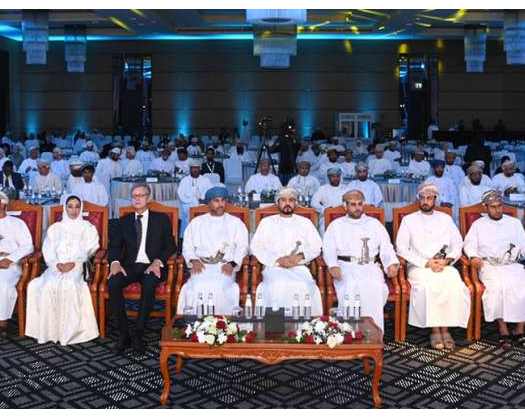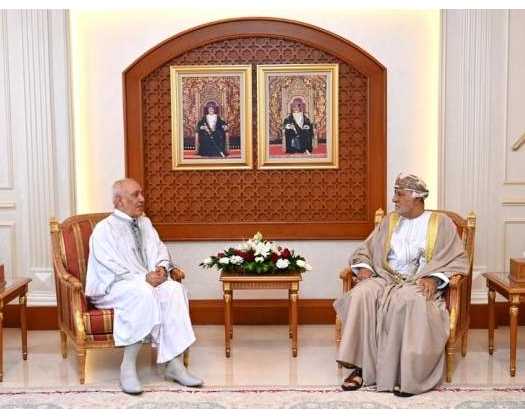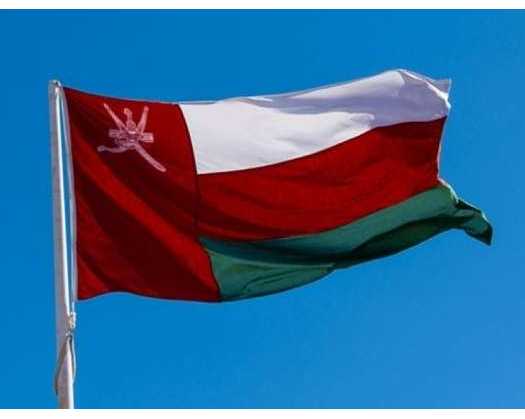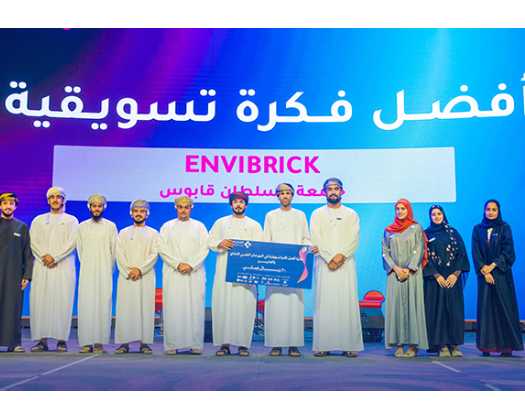Muscat: Today, the Oman Chamber of Commerce and Industry (OCCI) convened a symposium titled "Decentralization and its Role in Diversifying the Economy and Generating Employment Opportunities in Omani Governorates."
The symposium examined practical models from the German experience, focusing on the preparation of governorate budgets, mechanisms for budget disbursement, strategies for attracting both local and foreign investment, and the identification of investment opportunities across each governorate.
This event took place under the esteemed patronage of Qais bin Mohammed Al Yousef, Minister of Commerce, Industry, and Investment Promotion.
Faisal Abdullah Al Rowas, Chairman of the Board of Directors for the Oman Chamber of Commerce and Industry (OCCI), highlighted that the symposium was a direct response to the OCCI's commitment to enhancing economic diversification efforts in alignment with Oman Vision 2040. He emphasized the OCCI's objective to bolster the economies of Omani governorates, aiming to achieve decentralization within them. This, he argued, would not only foster competitiveness and integration among the governorates but also contribute significantly to the realization of domestic development goals.
Philipp Dienstbier, Director of the GCC Regional Programme at the Konrad-Adenauer-Stiftung (KAS) Institute, provided an overview of the origins and fundamental principles underpinning decentralization in the Federal Republic of Germany. He underscored the global success of the German experience as a model to be emulated.
HH Dr. Adham bin Turki Al Said, Chairman of the Economic Committee, discussed the strategic approaches outlined in Oman Vision 2040 for the implementation of decentralization. He highlighted the vision's prioritization of sustainable development within governorates and cities, focusing on the sustainable utilization of land, the establishment of urban and rural areas that are rich in natural and cultural heritage, flexible in adapting to climate change, and capable of fostering domestic development aspirations.
Mohamed Hassan al Ansi, the Chairman of OCCI's Labour Market Regulation Committee, remarked that the objective of the symposium was to delve into the strategies employed by Germany to strike a balance between fostering comprehensive development and maintaining a competitive edge at the provincial level, all with the overarching goal of contributing to the nation's economic well-being.
The symposium was structured around two primary themes. The inaugural theme examined decentralization through the lens of transition, drawing inspiration from Germany's successful model. Participants explored the Sultanate of Oman's efforts towards decentralization, analyzing the progress achieved.
The subsequent theme centered on investments, economic diversification, and the creation of opportunities. It scrutinized the private sector's pivotal role in advancing the decentralization strategy and identifying innovative methodologies for uncovering investment prospects.
Additionally, the symposium featured two working papers. The first focused on measures to cultivate a business-friendly environment across Omani governorates, while the second provided a framework for standards and indicators to track progress towards future objectives.











